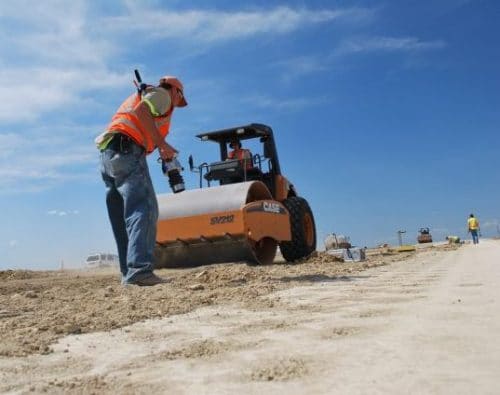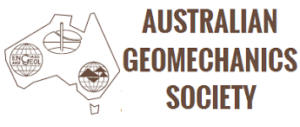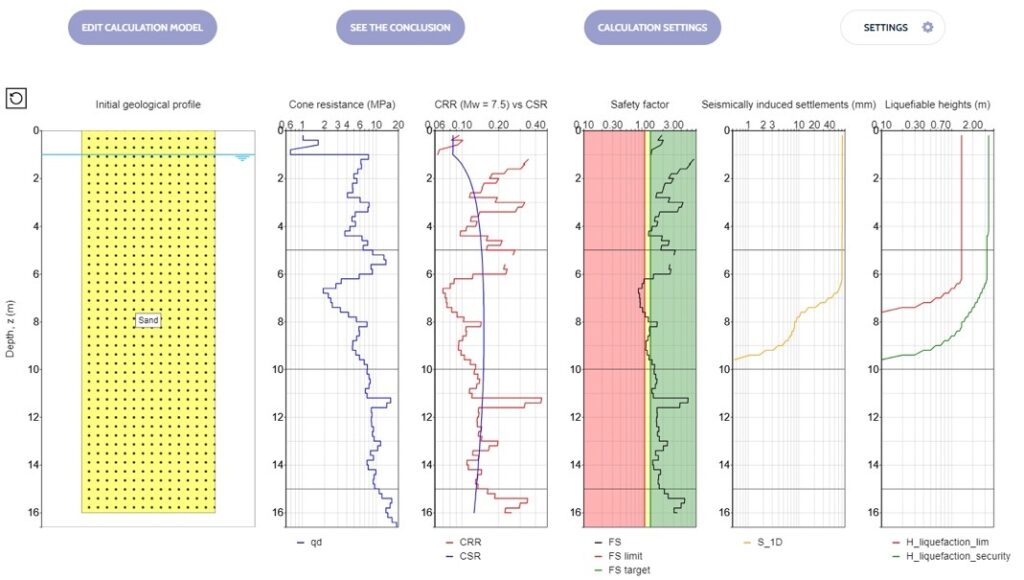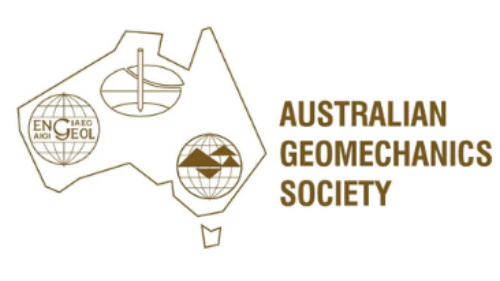Intelligent Compaction: Working Towards Achieving Compaction Uniformity – Workshop
Workshop Overview
AGS QLD, the Australian Road Research Board (ARRB) and Monash University invite you to attend the 1st workshop on Intelligent Compaction held in Australia. This highly interactive workshop will be lead by a global leader in the Intelligent Compaction field – Dr. George Chang – and will to bring together industry participants from Australia and overseas to dissect the innovative technology.
About Intelligent Compaction (IC)
Intelligent Compaction refers to the compaction of road materials, such as soils, aggregate bases, or asphalt pavement materials, using modern vibratory rollers equipped with an integrated measurement system, an onboard computer reporting system, Global Positioning System (GPS) based mapping, and optional feedback control. Intelligent Compaction rollers facilitate real-time compaction monitoring and timely adjustments to the compaction process by integrating measurement, documentation, and control systems. Intelligent Compaction rollers also maintain a continuous record of colour-coded plots, allowing the user to view plots of the precise location of the roller, the number of roller passes, and material stiffness measurements.
Compaction is one of the most important processes in roadway construction. It is necessary in order to attain high quality and uniformity of pavement materials, which in turn better ensure long-lasting performance. Pavement materials often possess optimum densities that ensure adequate support, stability, and strength—achieving these densities uniformly is key, and Intelligent Compaction aids this process. Current procedures using conventional compaction machines may result in inadequate and/or non-uniform material densities, which can be one of the major factors in premature pavement failure. Intelligent Compaction helps users overcome this issue by optimizing the compaction process.
For more information refer Intelligent Compaction website (www.IntelligentCompaction.com)
Dr George Chang: Keynote Presenter
Dr. George Chang is Director of Research at Transtec Group and IICTG President (International Intelligent Construction Technologies Group).
Having lead the US national deployment effort of Intelligent Compaction technologies with the FHWA since 2007 and developed / edited many ASTM and AASHTO standards on the topic, Dr. Chang is recognised as the expert on Intelligent Compaction. Through his research, teaching, specification development and software tools, he has helped made significant technology advancements in the Intelligent Compaction field. Dr. Chang has been both the principal investigator for numerous projects that have enhanced pavement materials / structures, whilst also being the author of over 50 professional publications and 100+ technical reports that detail his extensive research work.
Dr. Chang has delivered intelligent compaction / construction related workshops around the world via his recognised energetic and lively teaching style, and been the recipient of numerous prestigious honours for his outstanding contribution to the Intelligent Compaction technologies field.
Workshop Goals
The workshop aims to allow participates to:
- Develop an understanding of Intelligent Compaction technologies, and the opportunities (and limitations) it presents to earthworks and pavement construction projects
- Raising awareness of Intelligent Compaction (research projects and implementation by industry)
- Networking opportunity for those interested in Intelligent Compaction (especially in Australasia)
Audience
- Contractors
- Road Authorities and Councils
- Roller Manufacturers
- Geographic Information Systems (GIS) Suppliers
- Research Organisations (ARRB, Universities etc)
- Industry Bodies (AAPA, Austroads etc)
- Engineering Consultants (Design and Testing)
Workshop Program (Draft)
(Attendees at this workshop are not required to have any prior experience or any assumed knowledge relating to IC technologies).
What is Intelligent Compaction and what benefits does it bring? (Keynote Address – Dr George Chang)
- Introduction to Intelligent Compaction (IC) technologies
- Potential applications and benefits to road surfacing materials (Asphalt)
- Potential applications and benefits to soils (Subgrade / Sub-Base / Base / General Fill)
State of the Art update – What is happening around the globe with Intelligent Compaction?
- USA / North America
- Europe & Asia
- Australasian Region Projects – New Zealand (case study) and Australia (case study)
- Overview of key IC roller manufacturers & variation within branded IC systems
- Typical IC Software Integration of IC monitoring with Geographic Information Systems (case study)
- Specifications for IC and integration of IC products with QA specifications for monitoring of achieved insitu compaction
What are the challenges associated with implementation of IC Technologies? (Dr. George Chang)
- What can we learn from the USA implementation experiences to date?
- Shortcomings / limitations of Intelligent Compaction
Introduction to the Monash University Intelligent Compaction Centre of Excellence Research Hub
- Objectives / Goals of IC Centre of Excellence
- Status of Hub & Key Personnel involved to date How to become involved
Panel Discussion – How to move forward with Intelligent Compaction implementation in Australia
- (Panellists’ to include representatives from Road Authorities, ARRB, AAPA, Contractors, Roller Manufacturers & Consultants)
Support Partners
- Australian Road Research Board (ARRB)
- Australian Asphalt Pavement Association (AAPA)
- Australian Geomechanics Society
- Monash University
- Queenland University of Technology (QUT)
- Foundation Specialist Group (FSG)
- Insitu Test
Venue and Logistics
8 May 2018 (Tuesday) from 8.30am to 5pm
Morning tea, lunch and afternoon tea will be provided.
Our support partners have made this workshop possible at no cost to participants.
To confirm your spot at the first workshop on Intelligent Compaction in Australia, book in here.
|
|
|
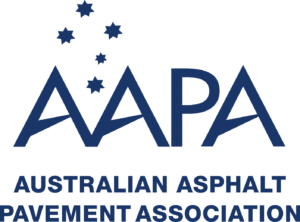 |
|
|
|
|
 |
 |
Insitutek imports, sells and services, unique geotech equipment that has proved of great benefit to those who use it. It has a particularly beneficial role to play for those compacting soil in infrastructure projects.
Our Plate Load equipment is getting a lot of use. We’re very happy with it. 🙂
That was really useful and informative yesterday – started a lot of discussion around here.
Insitutek Blogs
We find clients are often looking for ways to improve geotechnical testing outcomes and do it more efficiently at the same time. This drives their buying decision making. Australian Soil and Concrete Testing (ASCT) was a case in point when they were searching for Plate Load Test equipment for their upcoming Collector Wind Farm project. Some of the things that motivated them include: […]
We are excited to introduce the addition of a new Liquefaction Risk Estimation module in WebSprint©. Paired with our cutting-edge products, PANDA® and GRIZZLY®, this module enables you to assess the liquefaction risk of soils exposed to seismic stress. PANDA® Instrumented DCP: This cutting-edge tool provides dynamic penetrometer soundings, delivering precise data crucial for seismic risk evaluations. GRIZZLY® […]
The Australian Geomechanics Society is gearing up for a series of geotechnical events across VIC, WA, NSW, and SA-NT. We are thrilled to inform you that we will be sponsoring and attending these exciting geotechnical events, and we would love for you to join us. It’s a fantastic opportunity to catch up, explore our booth (VIC), and stay informed about […]

